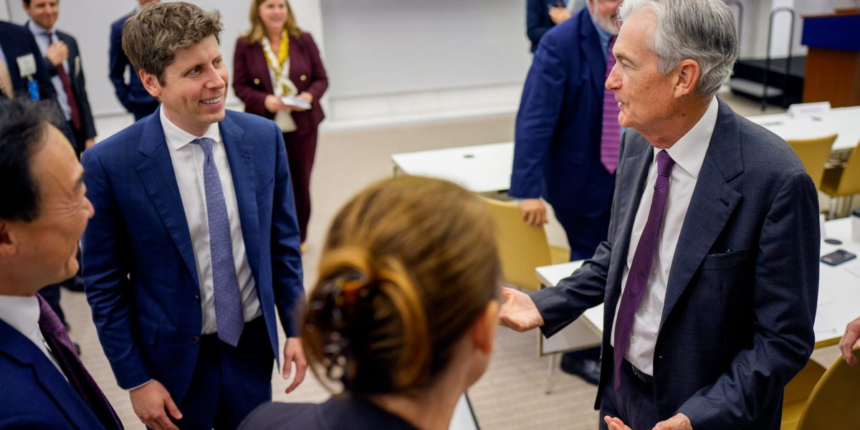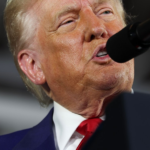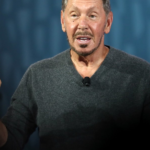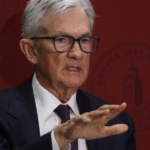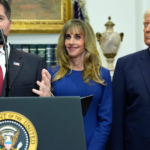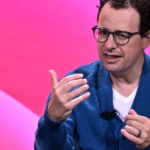Powell spent the last part of his discussion at the Greater Providence Chamber of Commerce Tuesday reflecting on the central bank’s visibility and whether its role is being blown out of proportion.
“I think we get a disproportionate amount of attention compared to the things that really matter for the country,” Powell said. “The things that Congress can do and the private sector can do, those are the things that will really matter for future generations, not interest rate policy.”
From the man whose words move markets in seconds, it was a striking admission. Investors and journalists regularly parse his press conferences for hints about upcoming rate cuts or hikes, trying to get ahead of the market; even the suggestion of a pause or a pivot can set off rallies or selloffs on Wall Street.
Powell, though, reminded his audience that the Fed’s tools are narrow, almost predictable.
“We have a really important job: maximum employment, price stability,” he said. “We regulate and supervise the banks. We operate parts of the payment system. But those things are really about cyclical demand management and financial stability.”
What really matters for America’s long-term trajectory, he argued, is investment in people. Education, workforce training, and productivity growth are the levers that determine whether the next generation is better off than the last, and he emphasized that the U.S. educational sector particularly needs investment to keep up with record technological advancement.


